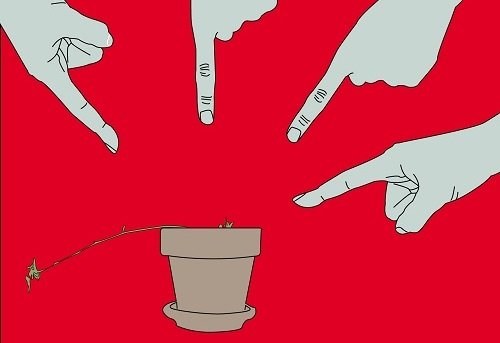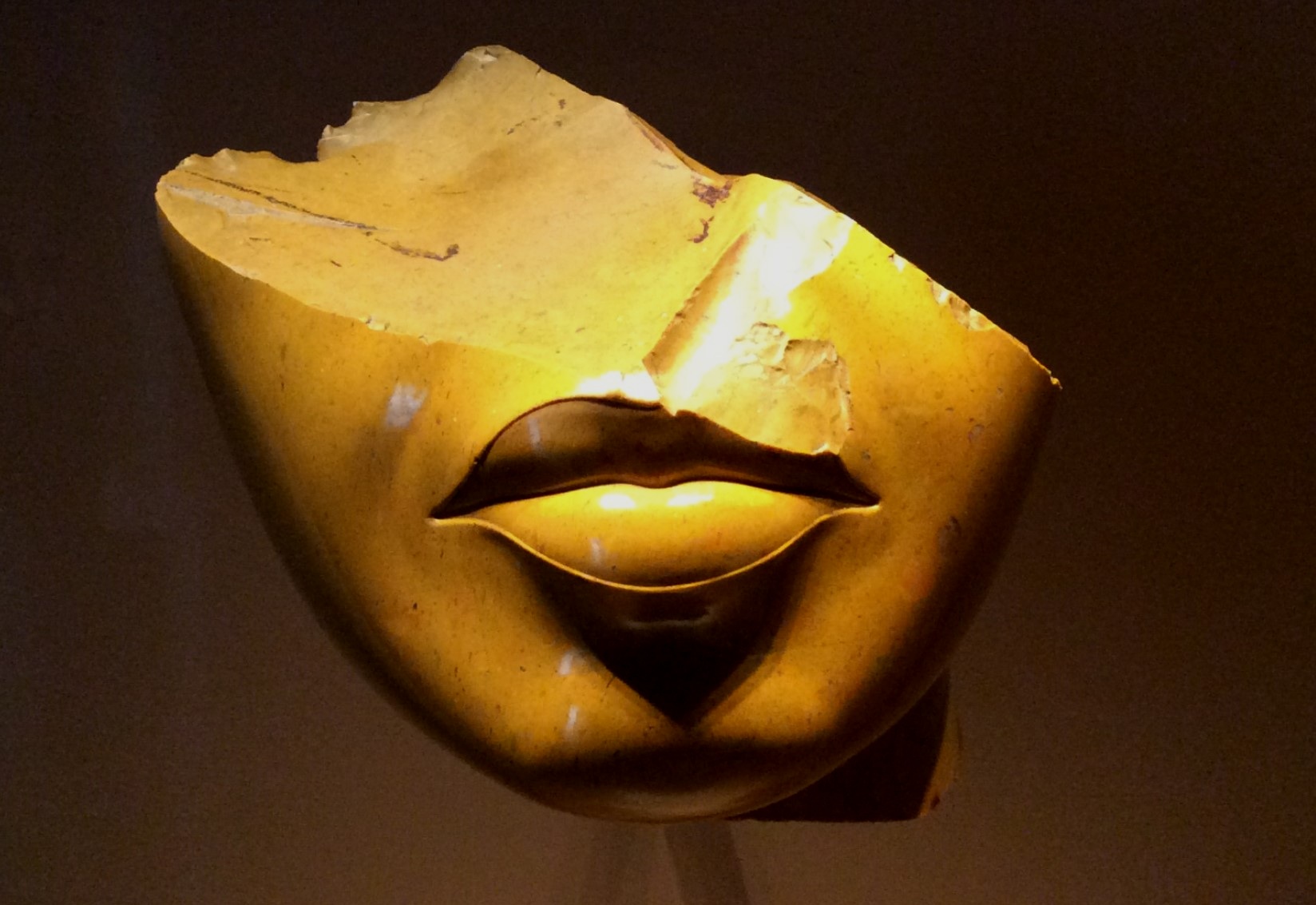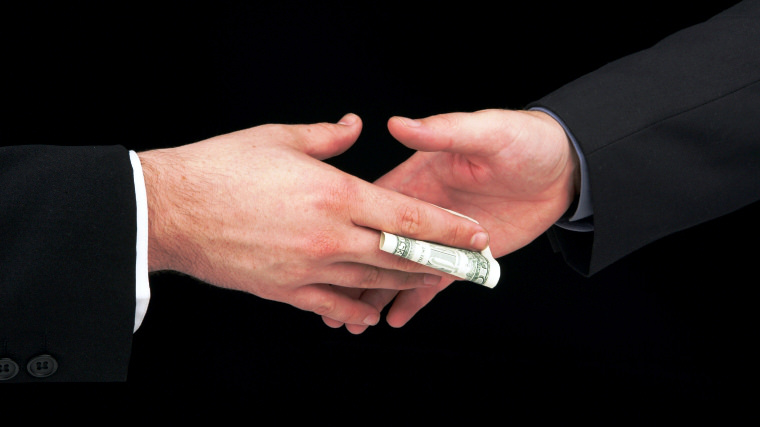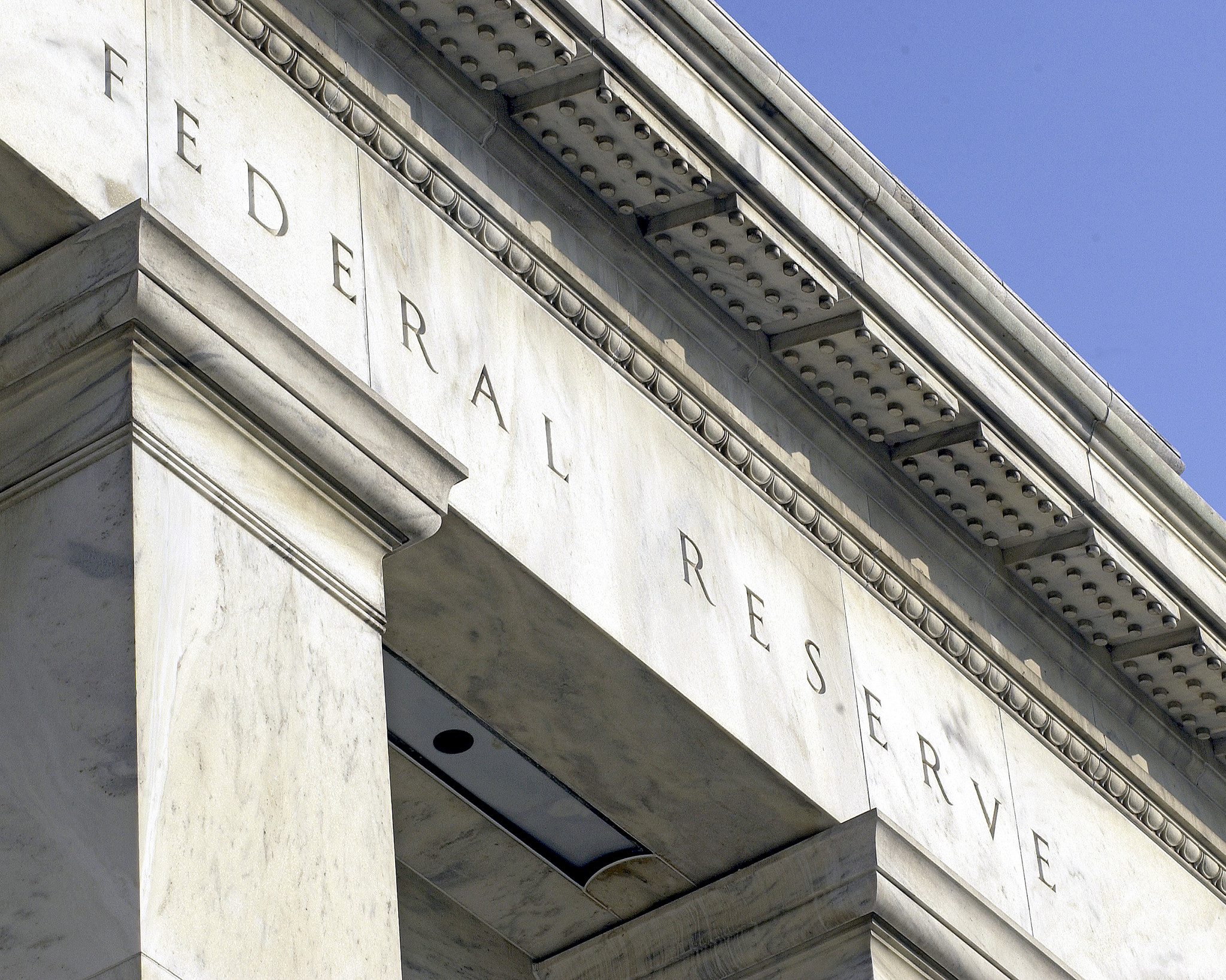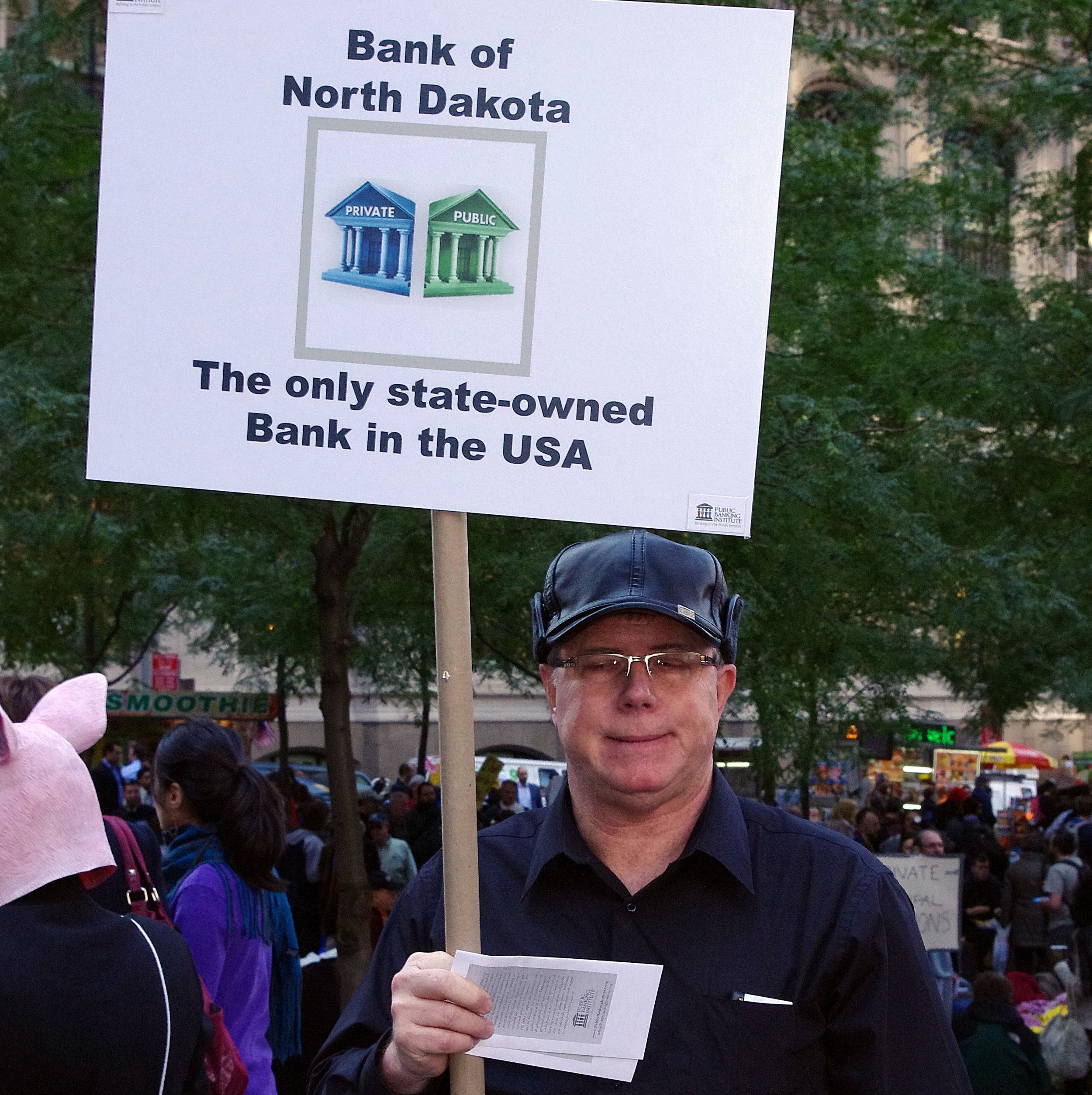Greed
and How Money Makes Us More Greedy
Photo credit: Unknown.
Introduction
The resources below highlight the psychological and spiritual impact of money and, at times, financial literacy. This confirms Jesus’ warnings about “serving Mammon,” Paul’s warning that “the love of money is the root of all kinds of evil,” and the older Jewish and Christian concern about idol-worship. For more on wealth inequality in the U.S. and the global context, see Wealth Inequality.
Conversation Stations
These are the images used in artistic physical displays. They are survey questions and conversation starters that are topically and thematically organized. They demonstrate how Jesus is relevant to each topic or theme. You can also just view the images on your device. If you would like, see all our Conversation Stations; below are the ones that relate to the topic of Desire.
Find Your Heart's Desire? (and instructions and theological essay)
Is a Good Friend Hard to Find? (and instructions and conversation tree)
What Story Do You Live In? (and associated message)
Does the Good Outweigh the Bad? (and instructions)
Whose Justice? (and instructions and Christian Restorative Justice Study Guide)
Whose Justice? for Harvard Law School
What Can We Do About Evil? (and instructions and conversation tree) and smaller version and brochure version
Messages and Essays on Greed
Slides to a presentation Mako Nagasawa gave to a class at Gordon-Conwell Theological Seminary in February 2024. Here is the English text of the treatise, which Ambrose wrote in 389. See video recording. Ambrose uses King Ahab as a case study of greed when he seized Naboth’s vineyard, in 1 Kings 21. This presentation relates to the Genesis creation story because Ambrose structures it around Genesis 1. He says that God gave all humans a shared dominion over the creation. In Christ, God gives us dominion, in principle, over sin. Covetousness, therefore, is a double problem. It interferes with the shared dominion over the creation, and it causes us to fail in exercising proper Christ-centered dominion over the sin in ourselves. Ambrose shows that Ahab became cruel, like the wild dogs that eventually fed off his dead, unburied body, as in 2 Peter 2:19 - 22. Ambrose also draws upon Matthew 6:19 - 24 because of how moths and rust share in our physical goods whereas God shares in the development of our moral goodness. Ambrose draws as well on Luke 12:13 - 34 because the greedy tear down barns/granaries and build bigger ones, finding more pleasure in the rising price of grain, not its widespread availability. A few slides refer to Ambrose’s understanding of the human being as a human becoming, Jesus’ work of atonement as a medical substitution healing human nature for us and inviting us to share in him, the pressing issue being human desires and not deservingness per se, and hell as the love of God but experienced by those who have become addicted to sin.
Slavery in the New England Colonies: Key Moments and Motivations. An outline (8 pages) of early events in the English Puritan colonization of New England. The outline draws on historical research to show how the Pequot War of 1637 - 38 was motivated, in large part, by financial reasons: The Puritans of Mass Bay Colony needed cheap labor, as the seven year contracts of English indentured servants were expiring, and the seven year monopoly on trade with Old England was expiring as well. New England then participated in the Triangular Trade, transporting enslaved Pequots and bringing back enslaved Africans. This outline focuses on stated motivations by the English settlers and slave traders involved. They drew on biblical language and categories but utterly betrayed Christian faith. It becomes clear how much greed was the sin motivating the others.
Christian Resources on Greed and How Money Makes Us More Greedy
Christian Smith and Michael Emerson, Passing the Plate: Why American Christians Don't Give Away More Money. Oxford University Press | Amazon page, Sep 2008.
David Briggs, The Flesh is Weak: Churchgoers Give Far Less Than They Think. Huffington Post, Sep 1, 2012.
Dawson Vosburg, The Problem with Capitalism: Human Nature. Evangelical Labor Institute, Apr 12, 2021. greed produces more problems than it solves, and greed concentrates ownership and income.
Other Resources on Greed and How Money Makes Us More Greedy
Andrew Carnegie, Wealth. North American Review, Jun 1889.
Bernice Lott, Cognitive and Behavioral Distancing from the Poor. American Psychologist, Feb 2002.
Nicholas Kristof, Following God Abroad. New York Times, May 21, 2002. appreciates evangelical charity abroad; see also Nicholas Kristof, Evangelicals Without Blowhards. New York Times, Jul 30, 2011. Kristof appreciates British evangelical John Stott.
Tim Harford, Charity is Selfish: The Economic Case Against Philanthropy. Slate, Oct 14, 2006.
Kathleen D. Vohs, Nicole L. Mead, Miranda R. Goode, The Psychological Consequences of Money. Science, Nov 17, 2006.
Nicholas Kristof, Save the Darfur Puppy. New York Times, May 10, 2007.
Matthew Paris, As an Atheist, I Truly Believe Africa Needs God. UK Times, Dec 27, 2008.
Nicholas Kristof, Would You Let This Girl Drown? New York Times, Jul 8, 2009.
Maia Szalavitz, The Rich Are Different: More Money, Less Empathy. Time, Nov 24, 2010.
Kevin Roose, A Raucous Hazing at a Wall St. Fraternity. New York Times, Jan 20, 2012.
Daisy Grewal, How Wealth Reduces Compassion. Scientific American, Apr 10, 2012.
Ken Stern, Why the Rich Don't Give to Charity. The Atlantic, Apr 2013.
Kimberly Winston, Studies Say Atheists, Believers Both Do Good, But for Different Reasons. Religion News Service, May 29, 2012.
Lisa Miller, How Money Makes People Act Less Human. New York Magazine, Jul 2012.
Jason Todd, The Socially Acceptable Sin: Gluttony. Relevant Magazine, Apr 24, 2013.
Rachel Held Evans, Everyone's a Biblical Literalist Until You Bring Up Gluttony. Rachel Held Evans blog, June 2013.
PBS News Hour, Exploring the Psychology of Wealth, 'Pernicious' Effects of Economic Inequality. PBS, Jun 21, 2013.
Paul K. Piff, The Science of Greed. TedxTalk, Nov 7, 2013.
Robert Reich, When Charity Begins at Home. Particularly the Homes of the Wealthy. Huffington Post, Dec 14, 2013.
Jena McGregor, Beware, Study Says, Money is Addictive. Washington Post, Jan 20, 2014.
Sam Polk, For Love of Money. New York Times, Jan 18, 2014. A former Wall Street trader confesses to drug-like self-deception and withdrawal symptoms from money.
Suniya S. Luthar, The Problem With Rich Kids. Psychology Today, Jan 1, 2014.
Joshua Green, Tom Perkins, Obamacare, and the Paranoid Rage of the One Percent. Bloomberg Businessweek, Jan 27, 2014.
Nick Summers, Billionaires' Wealth Is Skyrocketing. Their Philanthropy Is Not. Bloomberg, Feb 14, 2014.
Kevin Roose, Revealed: The Full Membership List of Wall Street’s Secret Society. New York Magazine, Feb 18, 2014.
Kevin Roose, One-Percent Jokes and Plutocrats in Drag: What I Saw When I Crashed a Wall Street Secret Society. New York Magazine, Feb 18, 2014.
John Paul Rollert, Greed Is Good: A 300-Year History of a Dangerous Idea. The Atlantic, Apr 7, 2014.
Human Nature, Would You Notice Your Mother if She Were Homeless? Digg video.
A.A. Gill, Perfection Anxiety, Vanity Fair, May 2014. On how having lots of money leads to stress
Alice Philipson, British-Educated Investor Resigns After Daughter, 10, Hands Him List of Milestones He's Missed. The Telegraph, Sep 24, 2014.
Drake Baer, Harvard Psychologist Explains Why We're All Terrible At Buying Things. Business Insider, Oct 21, 2014.
Sophie McAdam, This Is Why Rich People Don’t Care About You. True Activist, Dec 31, 2014.
Wednesday Martin, Poor Little Rich Women. New York Times, May 16, 2015. On wife bonuses for glam stay-at-home-moms in NYC.
Robert H. Frank, Why Luck Matters More Than You Might Think. The Atlantic, May 2016. "When people see themselves as self-made, they tend to be less generous and public-spirited"
Dennis Rasmussen, The Problem With Inequality, According to Adam Smith. The Atlantic, Jun 9, 2016. "The allure of extreme wealth can contort human sympathies, causing the public to admire the wealthy and shun the poor"
Rob Kunzia, Rich Californians Balk at Limits: "We're Not All Equal When It Comes to Water". Washington Post, Jun 13, 2015.
Paul Ringel, Why Children Get Gifts on Christmas: A History. The Atlantic, Dec 25, 2015. The privatization of gifts to the home rather than to the poor and needy.
Lila MacLellan, Science Confirms Rich People Don't Really Notice You - Or Your Problems. Quartz, Oct 23, 2016.
Just Adam Curtis, The Century of the Self - Part 3: "There is a Policeman Inside All Our Heads; He Must Be Destroyed." JustAdamCurtis, Jan 3, 2017. How mass marketing and market segmentation was developed by the Stanford Research Institute, into “values and lifestyle” brands.
Benjamin L. Corey, If Rich Americans Weren’t So Greedy, We Wouldn’t Need Obamacare. Patheos, Jan 13, 2017.
Deutsche Welle Documentary, Money, Happiness and Eternal Life – Greed, Part 1. Deutsche Welle Documentary, Jan 13, 2017. A scientific and psychological exploration of why we want so much and are so discontent and depressed. The religious traditions recognizes that ego results in greed which results in cycles of competition and loneliness. See also Deutsche Welle Documentary, Money, Happiness and Eternal Life – Greed, Part 2. Deutsche Welle Documentary, Jan 13, 2017. Part 2 starts with European colonialism in Africa.
Drake Baer, Rich People Literally See the World Differently. New York Magazine, Feb 14, 2017.
Eli Cook, How Money Became the Measure of Everything. The Atlantic, Oct 19, 2017.
Tanza Loudenback, According to One Estimate, Wealthy Couples in NYC Need $190 Million to Keep Their Heads Above Water. Business Insider, Nov 17, 2017.
Helaine Olen, Why Don't America's Rich Give More to Charity? The Atlantic, Dec 16, 2017.
Sean Illing, Income Inequality is Changing How We Think, Live, and Die. Vox, May 24, 2018. On comparisons; when coach passengers walk past first class seats, rage incidents occur more frequently
Douglas Rushkoff, Survival of the Richest. Medium, Jul 5, 2018. How the ultra-wealthy want safety and immortality as an escape from the rest of humanity.
Joe Pinsker, ‘I Got Into Yale’ Isn’t a Moral Defense. The Atlantic, Sep 28, 2018. "When Brett Kavanaugh found his conduct in question on Thursday, he twice responded by referring to his Ivy League degrees" highlighting the rhetoric of "meritocracy" used to disguise inherited wealth and justify ambition"
Derek Thompson, Workism Is Making Americans Miserable. The Atlantic, Feb 24, 2019. "For the college-educated elite, work has morphed into a religious identity—promising identity, transcendence, and community, but failing to deliver"
Christopher Ryan, Why Are Rich People So Mean? Wired, Sep 26, 2019. “Call it Rich Asshole Syndrome—the tendency to distance yourself from people with whom you have a large wealth differential.”
Hasan Minhaj, Why Billionaires Won’t Save Us. Patriot Act | Netflix, Dec 2, 2019. an in-depth look at big philanthropy and where that money actually goes
Phil Buchanan, If the Economy is Booming, Why is Charitable Giving in Trouble? Boston Globe, Dec 23, 2019.
Joe Pinsker, Why So MaNew York Americans Don’t Talk About Money. The Atlantic, Mar 2, 2020. “The taboos vary by class, job, and circumstance.” “I think it has something to do with the incompatibility of the idea that we have a democracy in which all citizens are equal and the fact that we have a class system that produces a lot of inequality.”
Eric Voss, Knives Out 2019 Breakdown! Hidden Easter Eggs & Visual Analysis!. New Rockstars, Feb 16, 2020. how beauty triumphs over ugliness, generosity over greed, inclusion over racism
Alan Davis, America’s Billionaires Have a Hoarding Problem. Fortune, Jul 14, 2020. “It’s even more insulting when you consider that most of what they give away is your money. The rich get large tax deductions for their donations—in fact, money donated to private foundations and donor-advised funds can enjoy tax benefits of as much as 70%, and even more in high-income tax states. This means that rich people control who gets the money, but because they get such a big tax cut for every dollar they give away, more than two-thirds of their giving should really be considered taxpayer money.”
Michael Mechanic, Research Proves It: There’s No Such Thing as Noblesse Oblige. The Atlantic, Apr 4, 2021. “The [manipulated] Monopoly experiment wasn’t the most rigorous science ever, and Piff never published the results, although the study was later replicated by others and referenced in Piff’s popular TED Talk, “Does Money Make You Mean?” But his observations were consistent with a large body of social science finding that people of higher socioeconomic status, compared with those lower down the ladder, are more prone to entitlement and narcissistic behavior. Wealthier subjects also tend to be more self-oriented and more willing to behave unethically in their own self-interest. to lie during negotiations, say, or to steal from an employer.. In one study, Piff and his colleagues stationed a pedestrian at the edge of a busy crosswalk and watched to see which cars would let the person cross. Suffice it to say that Fords and Subarus were far more likely to stop than Mercedeses and BMWs.” See also commentary by Second Thought, Is the U.S. Really a Meritocracy. Second Thought, May 28, 2021. Explodes the “myth of meritocracy” and links to good resources on social statistics.
Thom Hartmann, Greed Can Unleash Waves Of New COVID Variants?. Thom Hartmann Program, Nov 29, 2021. considers how private patents by big pharma prevents mass vaccinations. He surveys spiritual, philosophical, and historic condemnations of greed. Hartmann condemns “Reaganism” or neoliberalism which said that greed is good.
James K.A. Smith, Fascism Lives in the House Capitalism Built. Quid Amo | Substack, Oct 24, 2024. Notes on Alberto Toscano's Late Fascism.
Some More News, How The Right Sold Christianity. Some More News, Dec 11, 2024. Largely an expose of “prosperity theology” and “the prosperity gospel.”
Patrick Boyle, The South Sea Bubble - The First Financial Crash. Patrick Boyle, Jan 28, 2025. A brilliant, humorous, and educational history about human irrationality, greed, and lying.
How Money Works, How America Got So Good At Buying Sh*t. How Money Works, Mar 3, 2025.
Desire: Topics:
Here’s how to understand this section on Desire: We believe Jesus’ own human desires, journey, and teaching are normative for human becoming, so we pursue Christian Formation to help us better understand questions that come up as we pursue Jesus’ vision for human flourishing. Human Destiny itself is best understood through the lens of desire. We stay aware of research and reflections on human emotional and Moral Development. We are helped by insights into the mind-brain-body connection in Brain, Genes and Rest. We follow research and reflections on Friendship and Happiness. We track resources about Greed and how money makes us more greedy. Addiction and overconsumption challenges the notion that we are “sovereign individuals.” We maintain the biblical critique of interest rate Debt as a way people fund overconsumption and entrap themselves. Sex is part of human moral and emotional development; we critique the Sex Industry for how it distorts us.
Christian Restorative Justice, Banking, and Finance: Topics:
In this section, we examine the following topics: Interest Rate Lending critiques usury from multiple vantage points including the biblical, and highlights moral and economic problems associated with it. Debt Forgiveness explores the rationales and effects of forgiving debts. Corruption and Regulation demonstrates how nefarious banks and financial institutions are. Central Banks explores currency manipulation and monetary policy. Public Banks explore options like a public option for banks, postal banking, and actual examples of socialized banks. Islamic Banking examines quranic principles and examples of a different institutional framework for banking. Student Loan Debt tracks the challenges and root causes behind ballooning student loan debt in the U.S. See also Racism in Banking and Finance for resources on racism and finance.









